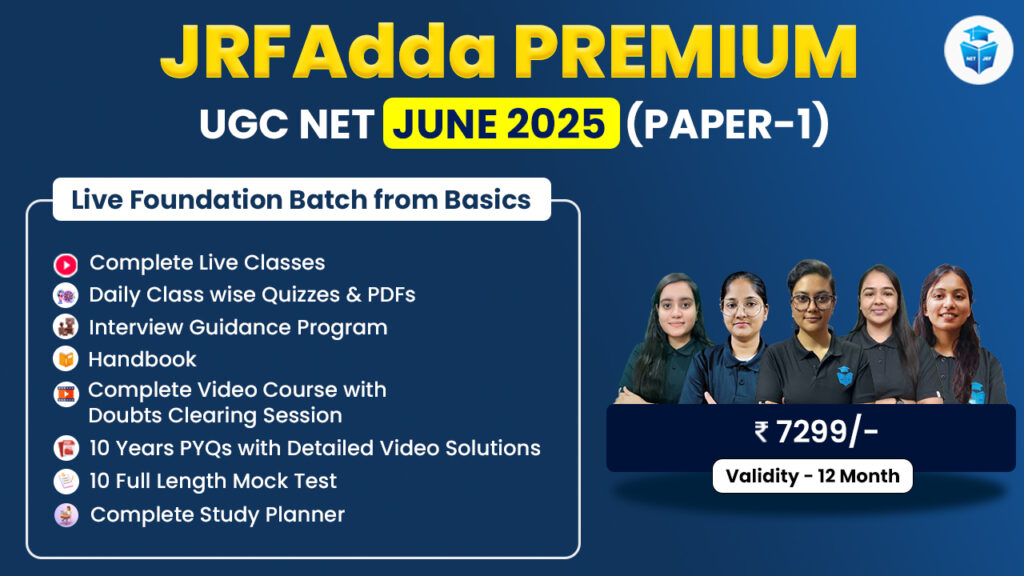Pursuing a Doctor of Philosophy (PhD) degree is a prestigious academic journey that requires dedication, critical thinking, and a passion for in-depth research. A PhD is the highest level of educational qualification, enabling individuals to contribute new knowledge to their field of study. PhD Admission 2025 will be based on various factors such as entrance exams, eligibility criteria, and personal interviews.
We aim to provide a comprehensive overview of the PhD admission 2025, including the PhD Entrance Exams, important dates, eligibility criteria, and more.
PhD Admission 2025 Date
PhD admission process for the year 2025 will likely follow a structured approach based on national entrance exams, eligibility criteria, and other requirements set by universities and institutions.
PhD admission dates for 2025 will vary across different institutions and universities. It is essential for aspiring candidates to stay updated with the official announcements from the universities they are interested in. Most universities conduct their PhD entrance exams in the first half of the year, and the admissions happen after the results are declared.
Some of the prominent PhD entrance exams in India include:
- UGC NET 2025 (National Eligibility Test for Junior Research Fellowship and Assistant Professorship) will be held in June and December.
- GPAT 2025 (Graduate Pharmacy Aptitude Test) will be conducted on May 25, 2025
- JEST 2025 (Joint Entrance Screening Test) will be conducted on April 6, 2025
- CSIR NET 2025 (Council of Scientific and Industrial Research National Eligibility Test) was conducted from February 28th to March 2nd, 2025.
- NIPER JEE 2025 (National Institute of Pharmaceutical Education and Research Joint Entrance Examination) is tentatively scheduled for the second week of June 2025.
PhD Entrance Exams 2025
PhD entrance exams are a critical part of the admission process for aspiring candidates. These exams evaluate candidates’ subject-specific knowledge, research aptitude, and analytical skills. Some of the most prominent PhD entrance exams in India are listed below:
-
GATE
-
-
- Graduate Aptitude Test in Engineering (GATE) is an essential exam for those aspiring to pursue PhD in engineering, technology, and related fields.
- GATE 2025 was held from 01 February 2025 to 02 February 2025, with the results expected between 15 February and 16 February 2025.
-
-
UGC NET
-
-
- UGC NET 2025 session is expected to be held in the 2nd week of June.
-
-
CSIR NET
-
-
- CSIR NET exam is crucial for students wishing to pursue a PhD in science and engineering fields.
- 2025 CSIR NET exam was conducted from 16 February 2025 to 28 February 2025.
-
-
JEST
-
-
- Joint Entrance Screening Test (JEST) is conducted for admission to PhD and integrated PhD programs in Physics, Theoretical Computer Science, Neuroscience, and other related fields. JEST 2025 exam is scheduled for 06 April 2025.
-
-
GPAT
-
-
- Graduate Pharmacy Aptitude Test is important for students aiming for a PhD in pharmacy-related disciplines. The exam is expected to be held in May 2025.
- These entrance exams serve as the foundation for gaining admission into PhD programs in various disciplines. Aspiring candidates should check the respective official websites for detailed schedules and exam-specific information.
-
-
NIPER
-
- NIPER conducts its own entrance exam for admission to M.S. (Pharm.), iPh.D., and Ph.D. programs.
- Students aspiring for research in pharmaceutical sciences often take this exam as it opens opportunities in renowned pharmaceutical research institutes.
- NIPER JEE 2025 is tentatively scheduled for the second week of June 2025.
PhD Entrance Exam Schedule 2025
The following table provides the key PhD entrance exams scheduled for 2025, along with their respective exam dates:
| PhD Entrance Exam 2025 | Exam Schedule |
| GATE 2025 | 01 Feb 2025 – 02 Feb ’25 |
| UGC NET 2025 | 2nd week of June |
| CSIR NET 2025 | 16 Feb 2025 – 28 Feb 2025 |
| JEST 2025 | 06 Apr 2025 |
| GPAT 2025 | 25 May 2025 |
PhD Admission Eligibility Criteria 2025
To be eligible for PhD admission in 2025, candidates must meet the following basic requirements:
-
Educational Qualifications
-
-
- Candidates must possess a postgraduate degree (Master’s) in a relevant field. For instance, a candidate wishing to pursue a PhD in physics should have a Master’s degree in Physics.
- The degree should be from a recognized university or institution, with a minimum aggregate of 55% marks (relaxable for reserved categories as per government norms).
-
-
Age Limit
-
-
- There is generally no upper age limit for PhD admission in India, but some universities may set an upper age limit for certain courses or categories.
- Therefore, candidates should verify the specific guidelines of their desired institutions.
-
-
Entrance Exams
-
-
- Most universities require candidates to clear an entrance exam as part of the admission process. Popular entrance exams include UGC NET, GPAT, JEST, CSIR NET, and GATE.
- The entrance exams usually assess candidates’ subject knowledge and research aptitude.
-
-
Personal Interview
-
-
- After clearing the entrance exam, candidates are often required to attend a personal interview (PI) round.
- The PI evaluates a candidate’s research interests, academic background, and potential to contribute to the chosen field of study.
- Some universities also conduct a written test or presentation as part of the interview process.
-
-
Research Proposal
-
- In some cases, candidates are asked to submit a research proposal or statement of purpose outlining their intended research area.
- This helps the selection committee assess the candidate’s research interests and alignment with the department’s expertise.
Popular PhD Colleges in India
India has numerous prestigious institutions offering PhD programs in a wide range of disciplines. Some of the top institutions include:
-
- Indian Institutes of Technology (IITs) such as IIT Bombay, IIT Delhi, IIT Kharagpur
- Indian Institute of Science (IISc), Bangalore
- Jawaharlal Nehru University (JNU), New Delhi
- University of Delhi (DU), Delhi
- Banaras Hindu University (BHU), Varanasi
- Aligarh Muslim University (AMU), Aligarh
- National Institutes of Technology (NITs) such as NIT Trichy, NIT Surathkal, NIT Warangal, NIT Calicut
- Indian Institute of Management (IIMs) such as IIM Ahmedabad, IIM Calcutta, IIM Lucknow, IIM Kozhikode
- VIT Vellore
- Amity University
- Delhi Technological University
- Lovely Professional University
- Sardar Vallabhbhai National Institute of Technology (SVNIT), Surat
These universities and institutes offer PhD programs across diverse fields, including engineering, management, sciences, humanities, and law. Admissions to these institutions are highly competitive, and candidates need to prepare well for the entrance exams and interviews.
| Related Articles | |
|---|---|
| UGC NET Salary | UGC NET Notification 2025 |
| UGC NET Syllabus | UGC NET JRF |
| UGC NET Eligibility | UGC NET Exam Pattern |
PhD Admission 2025 FAQs
What is the full form of PhD?
A PhD stands for Doctor of Philosophy, the highest academic degree, awarded after completing in-depth research and contributing original knowledge to a specific field.
What is the eligibility criteria for PhD admission 2025?
Candidates must have a postgraduate degree in a relevant field with at least 55% marks (or equivalent) from a recognized university. Some institutions may have additional requirements.
How many years does it take to complete a PhD in India?
PhD programs in India take 3 to 6 years, depending on the research work and the subject area chosen by the student.
When are the PhD entrance exams held in 2025?
The exam dates for PhD entrance exams in 2025 vary: GATE (Feb), UGC NET (Jan), CSIR NET (Feb), JEST (Apr), and GPAT (June, tentative).
Are scholarships available for PhD students in India?
Yes, many universities offer scholarships, fellowships, and financial assistance to eligible PhD students, particularly for research work. Institutions like IITs provide funding opportunities.
















